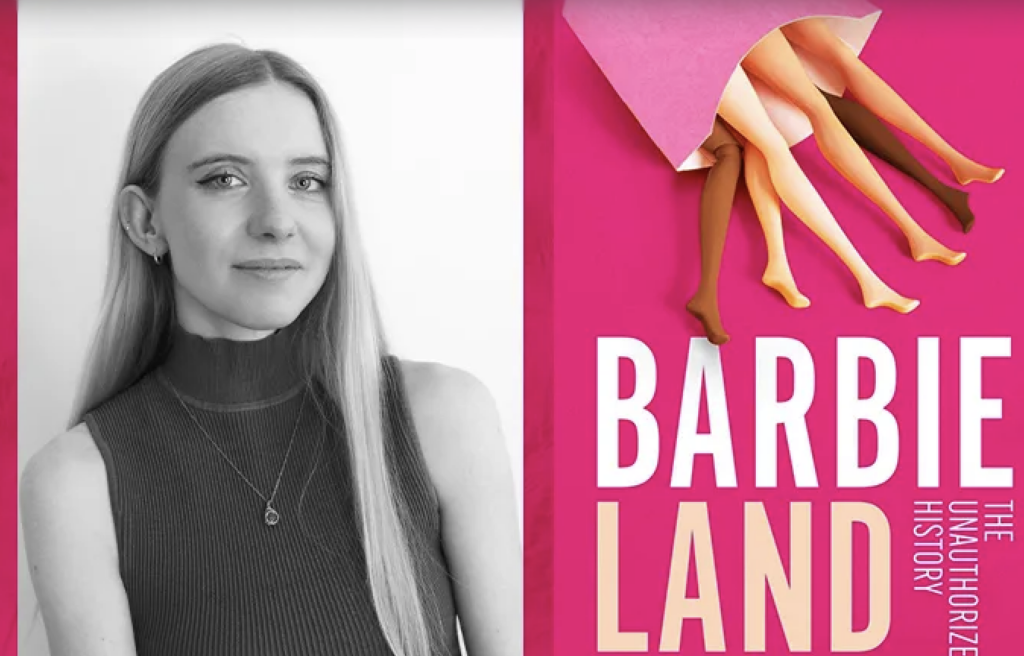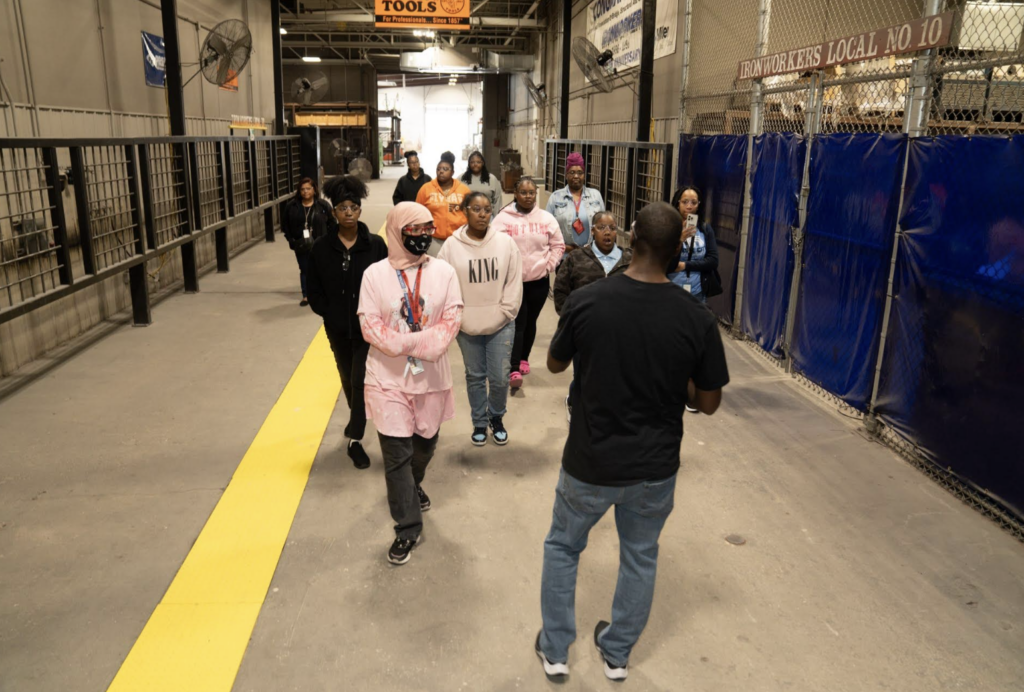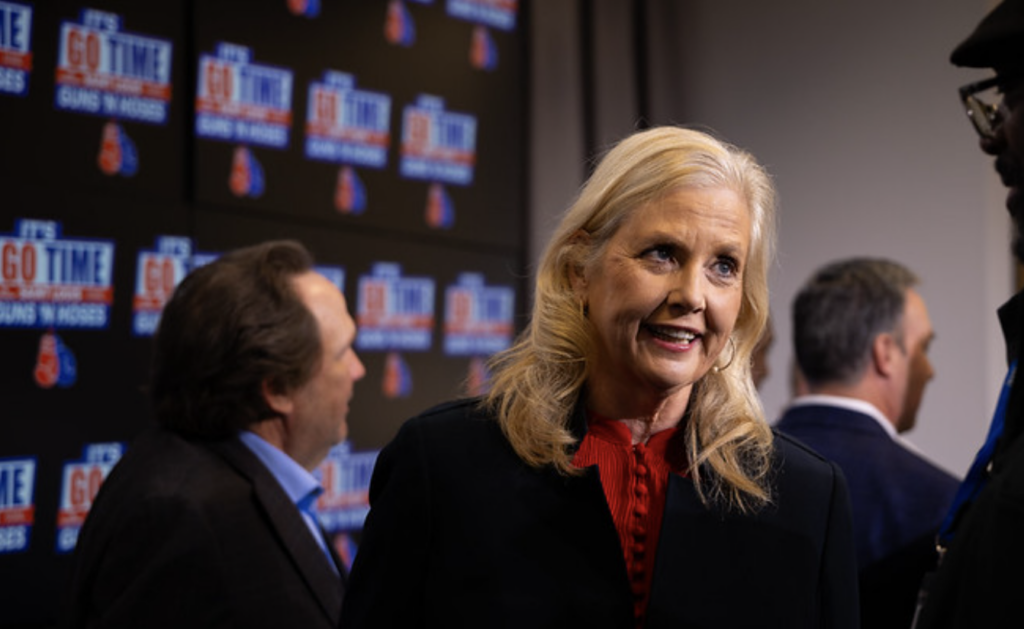Do the Wrong Thing
Tape, a film by Richard Linklater, isn’t. It’s high time for some cinematic clarification: If a project is shot on celluloid, with light searing images onto emulsion, then it’s a film. If it’s recorded with magnetic frequencies or digital code (as is the case here), then it’s a video. Of course, there are gray areas involving amalgamation, transfer and projection, so when in doubt, try movie.
Love or loathe him, Linklater is fairly successful at two things: mucking up these technicalities (especially in his other current release, the live-action-but-animated Waking Life) and expressing a smoldering disdain for anything that’s easily defined. Linklater prefers to meander on the fringes, rambling through all available scales in search of poignant notes. You’ll catch flashes of brilliance in his work — as long as you’re prepared to wade through an awful lot of blather.
For Tape — adapted by Stephen Belber from his stage play and photographed by Maryse Alberti — Linklater (who shot his first feature on Super-8) has pared down his peculiar technical ambitions in order to open some emotional scar tissue. The video is muddy, and the whip-pans that follow the dialogue are just plain lazy. But for three jerks bitching in a box, Tape makes the most of its minimalism. At its best, it’s Harold Pinter for the Breakfast Club set.
Hopped-up Vince (Ethan Hawke) and the more refined and repressed Johnny (Robert Sean Leonard) are chums from high school. Both are in Lansing, Michigan, to attend a film festival featuring Johnny’s socially resonant new movie, and there are plenty of old bones to pick.
Johnny’s a USC grad in pricey shoes; Vince is all ardor and violence, a volunteer fireman and dope dealer who’s been seething for a decade, waiting for his chance to play both conscience and punisher to Johnny for exploiting Vince’s ex-girlfriend back in high school.
Hawke — who couldn’t find his dark side with both hands — and Leonard struggle admirably, improving markedly when their former flame, Amy (Uma Thurman), shows up. Amy, now an assistant district attorney, has made prosecuting criminals her primary passion, which puts the boys tidily on edge.
Thurman plays Amy without glamour, harboring a long-dormant volcano of spite. As Vince aggressively manipulates his friends and Johnny tries to one-up him with largely hypocritical openness, Thurman explores Amy’s twisted, bipolar head, alternating between queen of denial and grand inquisitor. When Tape is truly on in these later scenes, its production format is finally eclipsed by its thematic impact.




